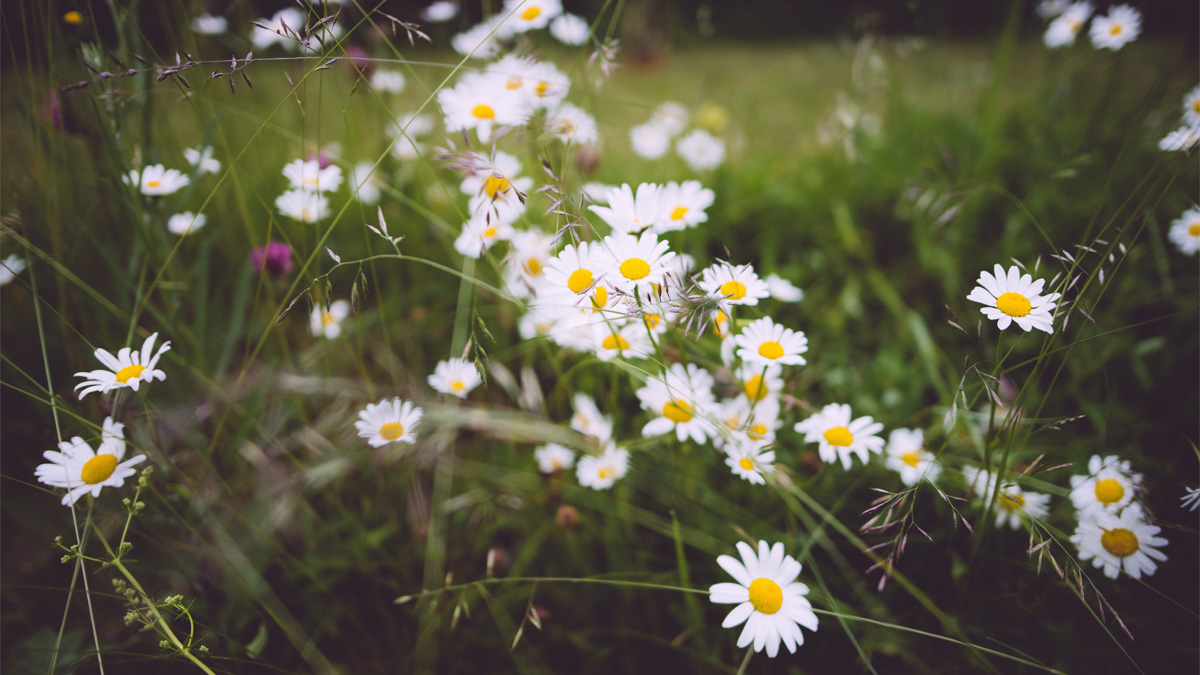The Tree for Life Garden is a new initiative offering parents the opportunity to mark the birth or adoption of their child by planting a fruit tree. The scheme would also increase the range of trees, provide fruit that could be distributed to the community, and create a more attractive environment.
Feedback for the Tree for Life Garden at our consultation event in 2023 was also positive, and we look forward to developing this proposal further with local residents. There were several comments about widening the criteria to plant a tree for anyone in the local community. Planting a tree to mark the birth or adoption of a child has been decided as it provides an educational opportunity for young people and local schools to engage with the growth of their tree as they get older. We recognise this could be triggering to individuals who have experienced child loss and will be mindful of this when the Tree for Life Garden is developed.
